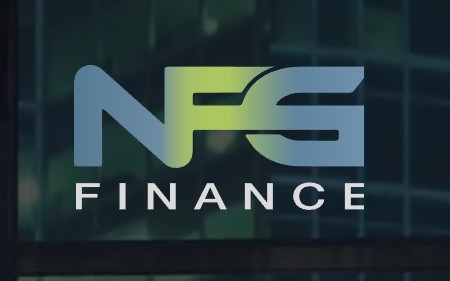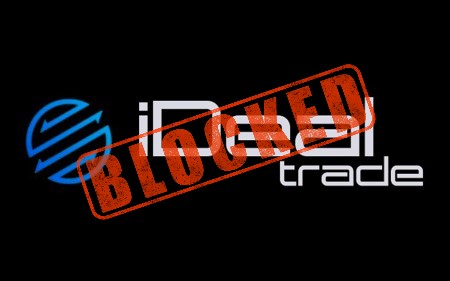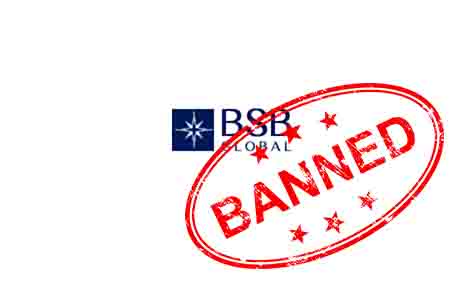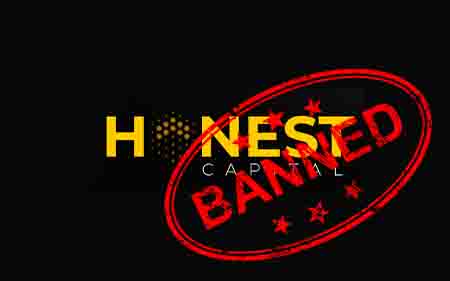WHAT ARE THE MOST PROFITABLE PLACEMENTS AND INVESTMENTS?
 Paul Roberts
04 / April / 23
Visitors: 623
Paul Roberts
04 / April / 23
Visitors: 623
The Price of Profitability
Before we get to the heart of the matter, it's a good idea to remember a few basics. When it comes to investments, as in many other areas, you can't have it both ways.
Thus, the most profitable investments will be, at will
- More fluctuating;
- less available
- or a little of both.
There is no point in looking for risk-free investments that are always available and yield high returns - they don't exist!
And as they say, the devil is in the details, so let's break down the details of the most profitable investments.
#1 - THE STOCK MARKET, THE MOST PROFITABLE INVESTMENT
The stock market is the most profitable investment in the long run. It's pretty simple: companies are the source of most of the capital created, and by becoming a shareholder in these companies, you get most of that capital.
With a well-diversified stock portfolio, you can achieve a return of about 8.5% per year. However, this figure is still average. The main disadvantage of the stock market is its volatility. This means that one year you can make a profit of 5, 10 or 15%, and the next year you can lose 5%. But the important thing is that within 10 or 15 years you are a winner. That's why the stock market is designed for the long term.
Moreover, contrary to common belief, investing in the stock market is not complicated and does not require deep knowledge of financial markets.
To proceed directly to specific actions, you need to open an account with which you can buy stocks or blocks of shares (in the form of investment funds or ETFs).
To make these investments, you need an account into which you will transfer funds to purchase these financial assets. This is where taxation comes into play, as there are several types of accounts (called "tax wrappers"). Taxation directly affects the ultimate profitability of your investment.
Listed here in order of priority are the accounts you can open to invest in the stock market:
PEA (stock accumulation plan), which is fully tax exempt after 5 years of ownership;
Life insurance, which is partially tax exempt after 8 years of ownership, but is very favorable in the case of inheritance.
The advantage of a PER locked up before you retire is that you can deduct the amounts contributed from your taxable income.
A regular securities account, which is the default account type. It has no tax advantages and therefore will be the least profitable.
THE STOCK MARKET IN A NUTSHELL
Yield: 8 to 10% per year
Preferably: For a long term
Entry fee: €50 to €1,000
Drawback: High volatility, which you can reduce through diversification
Taxation: beneficial with PEAs and life insurance
#2 - REAL ESTATE CROWDFUNDING, MOST PROFITABLE IN THE SHORT TERM
Real estate crowdfunding is designed to fund real estate development projects. It is usually the construction of a building with the goal of selling it (or individual apartments). In real estate crowdfunding, you lend money to the developer. At the end of the transaction, the developer pays you interest of up to 8% per year, sometimes more.
A real estate crowdfunding transaction usually lasts 1 to 3 years. So it's an ideal investment if you want to invest in the short term.
But keep in mind that once the financing is complete, you'll have to wait until the end of the transaction to get your money back; you won't be able to cash out until then. This is the main disadvantage of this investment. But if you're sure you don't need the money, that's not a problem.
With real estate crowdfunding, there is also the risk of losing capital: the developer may default and not return all of the invested funds, or pay them out late. Although this rarely happens, consider diversifying by investing in multiple projects and on multiple platforms to reduce risk. A risk-free alternative is a term account.
REAL ESTATE CROWDFUNDING IN A NUTSHELL
Profitability: about 8%.
Preferred: short/medium term
Entry fee: €20 to €1000
Disadvantages: The savings are completely closed
Taxation: no advantages
#3 - EUROFUND, THE MOST PROFITABLE GUARANTEED INVESTMENT
If you are looking for a truly profitable investment, you cannot avoid a certain risk. Nevertheless, if you want to have a guaranteed investment, the most profitable one is the Eurofund.
The Eurofund is a fund with guaranteed capital offered as part of life insurance and retirement plans (PER).
With life insurance, money remains available at all times.
With PER, your savings are locked in until you retire. PER, on the other hand, allows you to deduct the payout amount from your taxable income, which becomes more advantageous.
PER can be an interesting solution if you pay a lot of taxes and are only a few years away from retirement, so your savings won't be locked up for long. This makes it an ideal investment for seniors.
Alternatively, you can use the Eurofund in a life insurance policy to create savings in case of illness. It's almost as profitable as a savings account, but without the cap!
EUROFUND SUMMARY
Yield: 2 to 3.5% for the best
Preferred: for your prudent savings
Entrance fee: from €100
Defects: guaranteed, but not very profitable
Taxation: beneficial with life insurance and PER
Note that insurers increasingly require you to invest some of your savings in units in order to maximize your eurofund returns. Unit accounts can be stock market or real estate funds such as those mentioned above, but if you want to create prudent savings with minimal risk, you can choose :
Bond ETFs : Bonds are loans to governments or companies. Their rate of return is fixed and known in advance. This makes them low-volatility assets.
SCIs: Like SCPIs, SCIs are real estate assets. But they tend to be more diversified (and therefore less risky), and many have no entry fees.
Today, a combination of Euro funds + bond ETFs + SCIs as part of a life insurance policy will give you a low-risk and relatively profitable investment!
FREQUENTLY ASKED QUESTIONS
What is the most profitable investment?
In the long run, the stock market is the most profitable investment. But it is also one of the most volatile investments. That's why it's worth implementing best practices to learn before you get started.
How do I calculate the profitability of an investment?
Return on investment is calculated by taking the difference between profits and costs (commissions, taxes, etc.) divided by the amount of the initial investment. It is therefore expressed as a percentage of the amount invested and is usually annual.
Is it profitable to invest in a parking lot?
Like conventional rental investments, parking lot investments can be profitable, provided the rental fee is low, the purchase price is right, and the parking lot is properly located to generate an attractive rental return.
We have compiled a complete Bad Reputation Brokers.

Paul Roberts
Paul Roberts 51 years old Born in Edinburgh. Married. Studied at University of Oxford, Department of Public Policy and Social Work. Graduated in 1997. Works at Standard Life Aberdeen plc.






